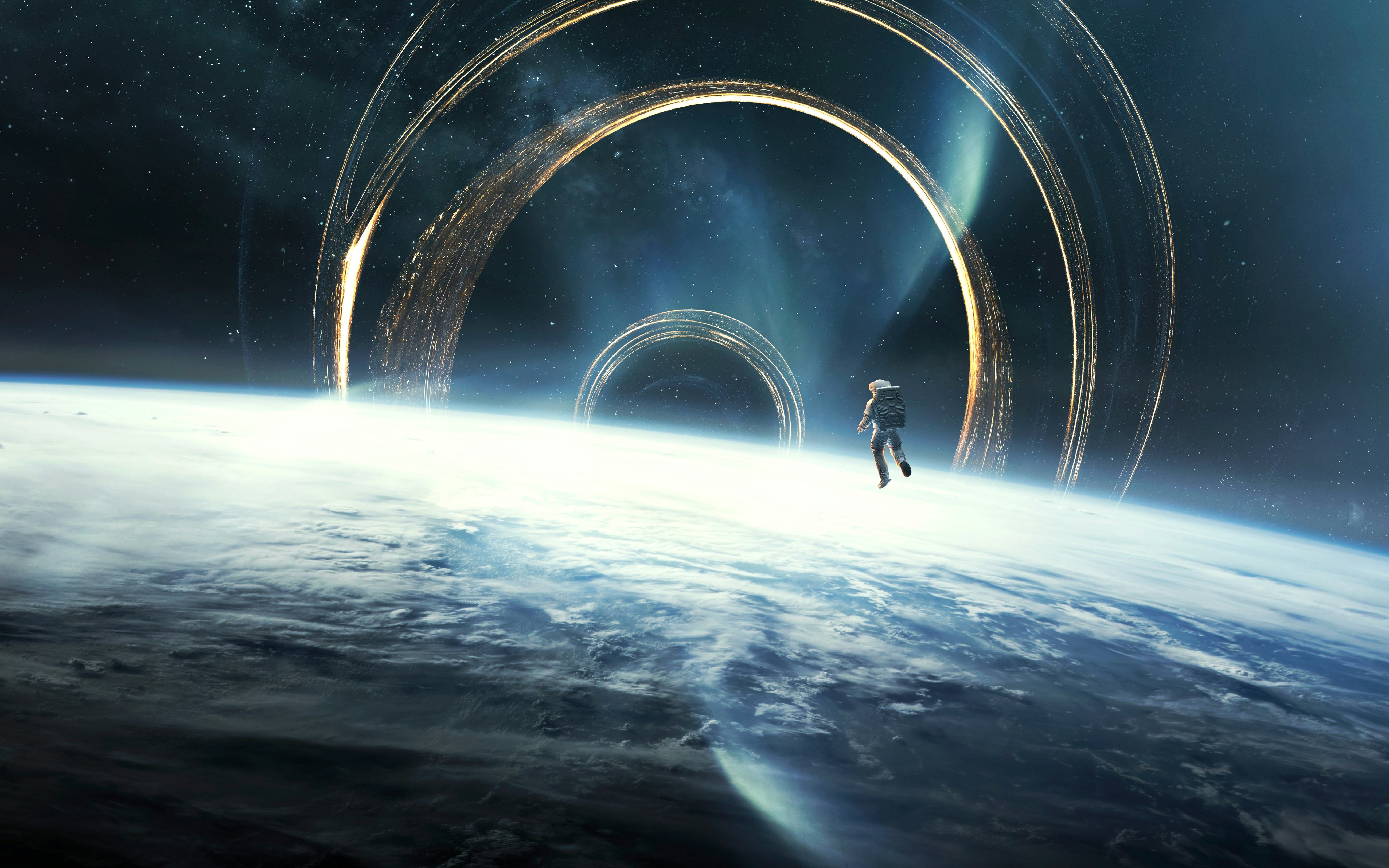
Researchers have discovered that in the exotic conditions of the early Universe, waves of gravity may have shaken space-time so hard that they spontaneously created radiation.
The physical concept of resonance surrounds us in everyday life. When you’re sitting on a swing and want to go higher, you naturally start pumping your legs back and forth. You very quickly find the exact right rhythm to make the swing go higher. If you go off rhythm, then the swing stops going higher. This particular kind of phenomenon is known in physics as parametric resonance.
Your legs act as an external pumping mechanism. When they match the resonant frequency of the system, in this case, your body sitting on a swing, they are able to transfer energy to the system, making the swing go higher.
These kinds of resonances happen all over the place, and a team of researchers has discovered that an exotic form of parametric resonance may have even occurred in the extremely early universe.
Perhaps the most dramatic event to occur in the entire history of the Universe was inflation. This is a hypothetical event that took place when our universe was less than a second old. During inflation, our cosmos swelled to dramatic proportions, becoming many orders of magnitude larger than it was before. The end of inflation was a very messy business, as gravitational waves sloshed back and forth throughout the cosmos.
Normally gravitational waves are exceedingly weak. We have to build detectors that are capable of measuring distances less than the width of an atomic nucleus to find gravitational waves passing through the Earth. But researchers have pointed out that in the extremely early Universe, these gravitational waves may have become very strong.
And they may have even created standing wave patterns where the gravitational waves weren’t traveling, but the waves stood still, almost frozen in place throughout the cosmos. Since gravitational waves are literally waves of gravity, the places where the waves are the strongest represent an exceptional amount of gravitational energy.
The researchers found that this could have major consequences for the electromagnetic field existing in the early universe at that time. The regions of intense gravity may have excited the electromagnetic field enough to release some of its energy in the form of radiation, creating light.
This result gives rise to an entirely new phenomenon: the production of light from gravity alone. There’s no situation in the present-day universe that could allow this process to happen, but researchers have shown that the early universe was a far stranger place than we could possibly imagine.
This article was originally published on Universe Today by Paul M. Sutter. Read the original article here.







